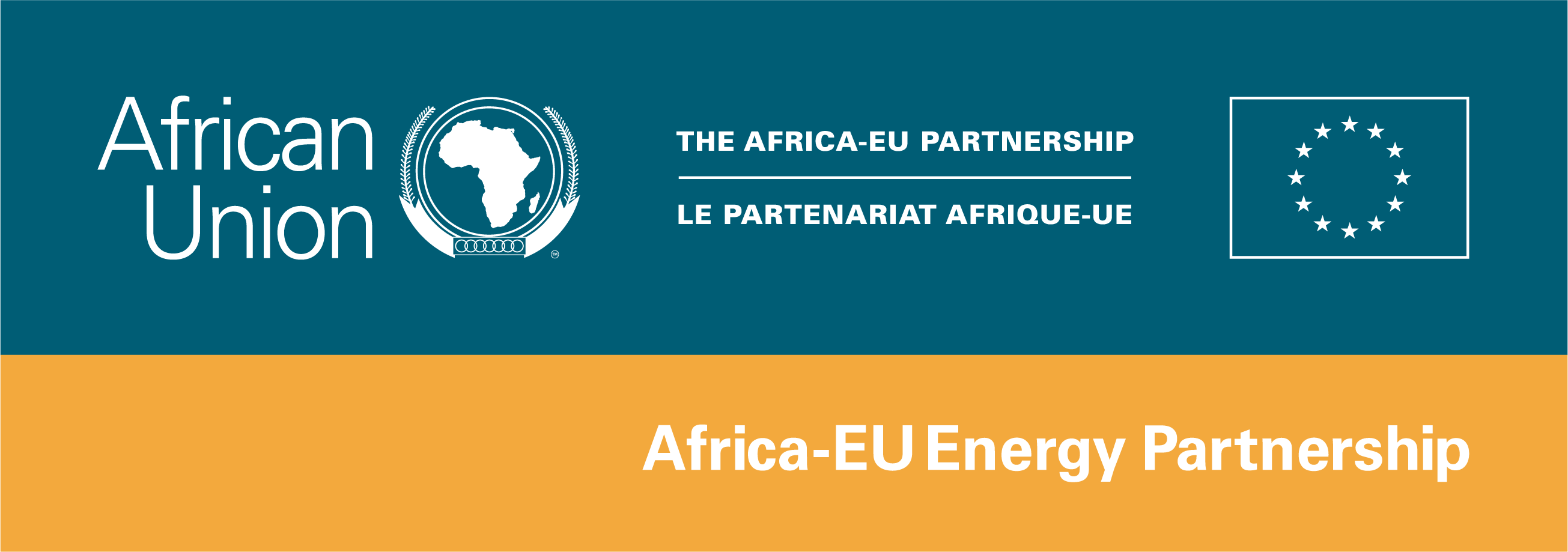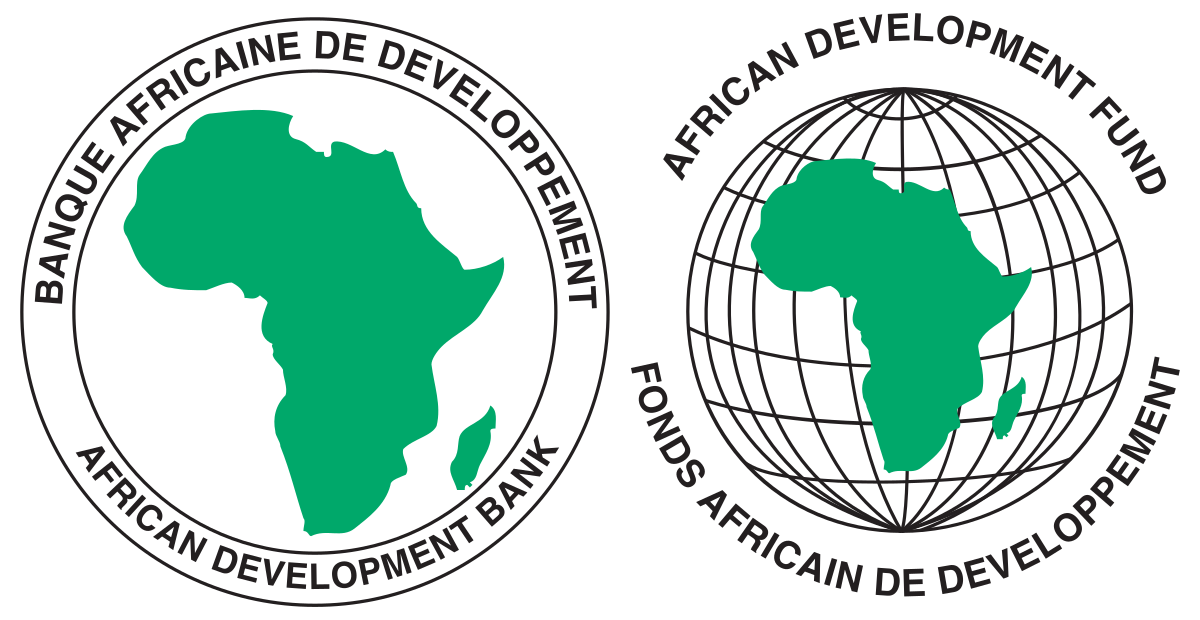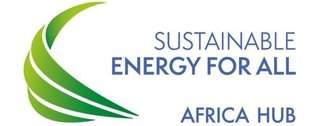Description
Like other regions of Sub Saharan Africa (SSA), the Economic Community of West African States (ECOWAS) faces many challenges as it strives to reduce poverty and improve the socioeconomic well being of its population. One of the key challenges facing economic growth in the region is limited access to modern energy services and growing energy security challenges. The region faces widespread and unsustainable production and use of traditional biomass (firewood and charcoal). About 80% of the primary energy consumption comes from traditional biomass and over 90% of the population use wood and charcoal for domestic cooking. While biomass is an important energy resource in the region, its traditional use has many negatively impacts on ecosystems, health and the climate. For instance, WHO estimated that nearly 600 000 people died of indoor air pollution in Africa in 2012 (WHO, 2015).
However, there is potential for a transition to a more sustainable future, provided appropriate development pathways are identified, nurtured and supported by relevant policy and regulatory frameworks. Developing modern energy supplies, especially in support of rural development and transforming the agricultural sector by adding value to agricultural products and creating markets for rural farmers is a potentially transformative intervention in the region (World Bank, 2015; IRENA, 2015).
Fortunately, the ECOWAS region is endowed with significant biomass resources with which to produce food, fuel and fibre to feed its people and fuel its economic development. Thus, a strategy towards modernising biomass use is widely viewed as an important element of the transition to sustainability in the region. It is therefore important for the region to develop strategies to make this transition a reality and ensure access to modern energy services and improved livelihoods for its communities. These modern bioenergy technologies include more efficient and clean cooking technologies such as improved fuelwood cookstoves, bioethanol cookstoves and biogas systems; clean transport fuels such as bioethanol, biodiesel, biomethane, as well as heat and electricity. Already, some initiatives have been developed, demonstrated or rolled out in several countries in the region either at national level or as isolated projects with varying degrees of success and impact. The main thrust at regional level should be to facilitate the scale up of such technologies across the region to enable significant and wide-scale impact.
Main Objectives
Main Activities
Outcomes and Impact
Negotiations involved
Annual Budget (in millions)
Currency Used
Patnering Entities
Countries Active
Energy Sectors and Subsectors
Agenda 2063 Focus
Sources
The second ordinary session of the sub-committee on energy of the Specialised Technical Committee on Transport, Transcontinental and Interregional and Infrastructure, Energy and Tourism (STC-TTIIET), 30 Nov - 1 Dec 2020.





